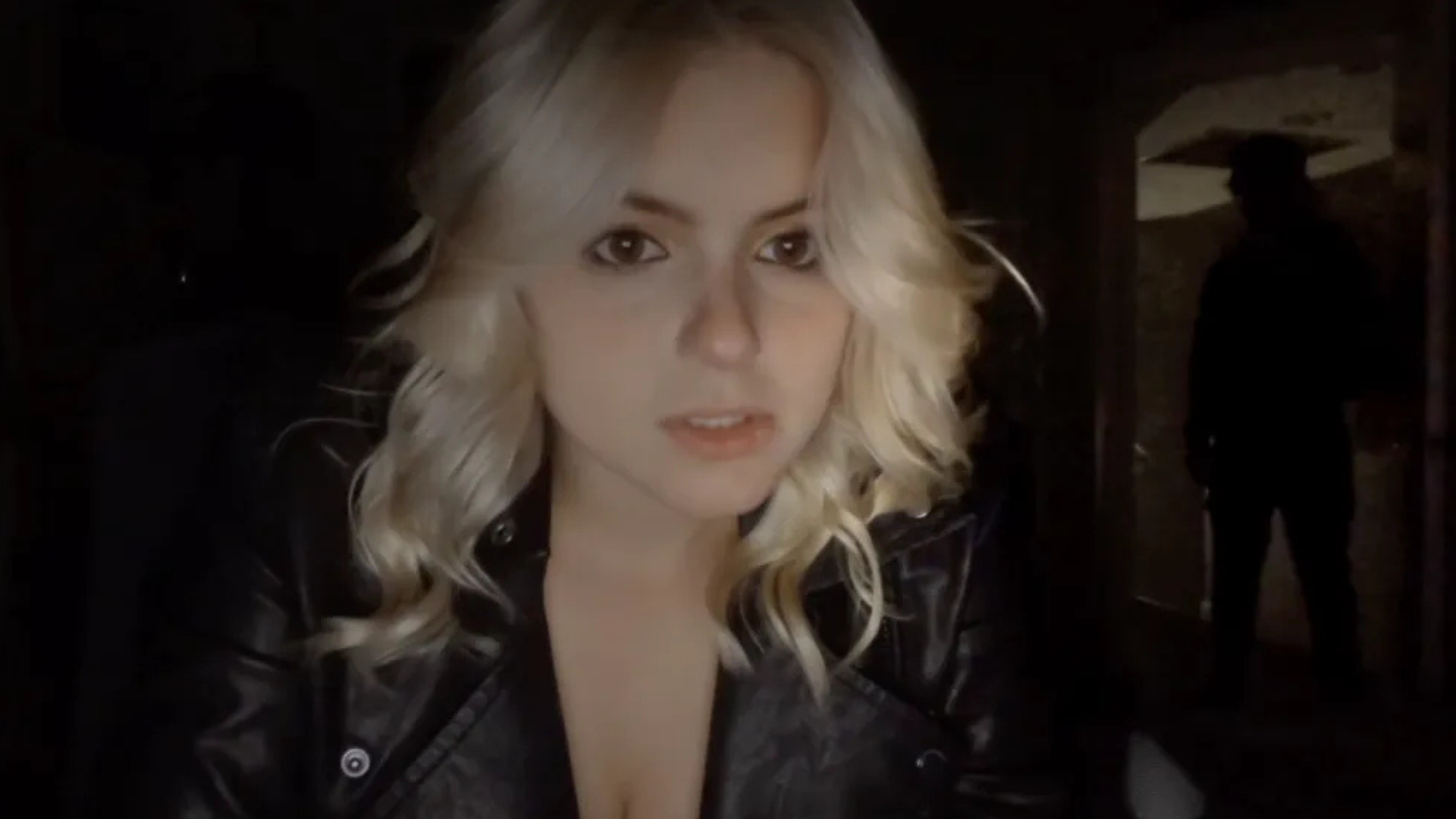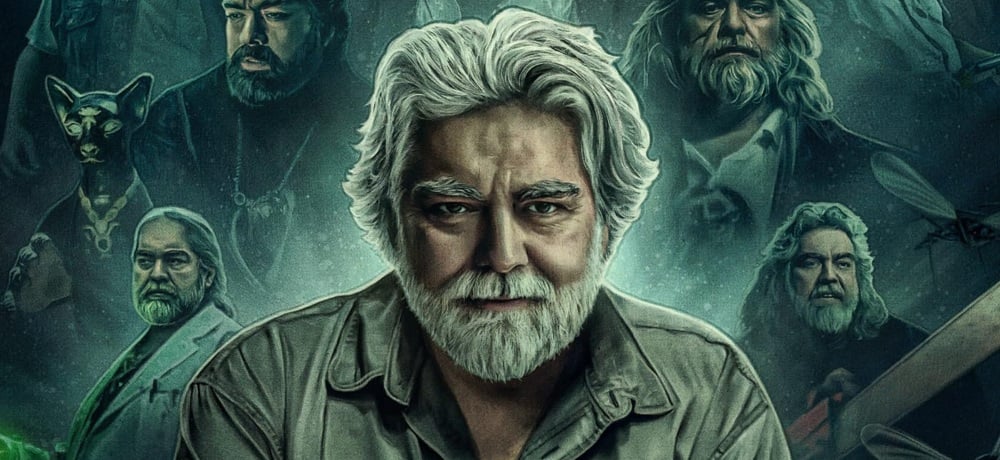There’s a certain type of party anyone who’s lived or frequented a coastal city- like Los Angeles, New York, Boston etc.- has at least some tangential familiarity with. The kind that smells like a mixture of American Spirits, mango Juul, and Le Labo Santal 33. If one has a high threshold for irony, stick and poke tattoos, and vague stabs at anti-capitalist pontification, they can even be pretty enjoyable as far as social functions go.
At some point- probably a few ticks past the moment where everyone’s had a smidge too much to drink- one of the partygoers starts to break down the plot of their in-progress screenplay. Sure, it sounds half-baked, but they seem smart enough. They’ve clearly got taste, but maybe don’t yet possess the faculty to translate that well-curated appreciation of other filmmakers into something unique or purposeful. And maybe it’s the beer or the second-hand vapor from the nearby Carhartt enthusiast’s weed pen, but something about the idea makes it difficult to completely ignore. It’s not enjoyable to listen to, necessarily, but it has (annoyingly) got promise. Such is the experience of watching Daughter.
Also See: Huesera: The Bone Woman is Visually Impressive, but Difficult to Follow [Review]
Writer/director/producer Cory Deshon’s feature film debut has all the hallmarks of someone who’s practical acuity hasn’t caught up with their well-honed aesthetic proclivities. Shot on 16mm film in a collection of long takes, with the kind of artfully askew camera placement and portent stillness borne of hours spent worshiping at the altar of one Yorgos Lanthimos, Daughter certainly looks the part of an arthouse cinephile favorite.
Unfortunately, that very real pictorial beauty is undercut by Deshon’s script. Daughter centers around a family of doomsday conspiracists, headed by Casper Van Dien’s Father. Father is obsessed with the apparent world-saving potential of his son, who’s blood may hold the key to an invented apocalyptic rot infecting the outside world. In order to keep Son happy, Father kidnaps a young woman (Vivian Ngô), and forces her to assume the role of Daughter.
Also See: Doomed Domiciles: Horror Houses to Avoid at All Costs
She’s just the latest in a long line of kidnapped women made to join the bizarro familial unit. Under threat of violence, Daughter agrees to follow Father’s instructions and keeps Son/Brother company. She plays board games and watches him paint. They share a room, and eventually share secrets. Daughter begins to quietly press against the boundaries of Father’s rules by insinuating elements of the outside world to her “sibling”. The battle of wills culminates in a self-written play for Father and Mother on the adolescent boy’s birthday, that careens into a loose cliffhanger of an ending.
Also See: Cory Deshon on Twitter
It’s an intriguing premise- if not dissimilar to the one in aforementioned filmmaker Yorgos Lanthimos’ picture Dogtooth. The inherent mystery is enough to carry interest for the movie’s first third. But all of that evaporates under the weight of Deshon’s clunky, sermonizing dialogue and a proliferance of turns that occur because the plot dictates they must. It doesn’t help that the film seems to mistake quietude for tension. The two can often inform one another, sure. But instead of creating an atmosphere of impending doom, scenes feel slack and enervating.
There’s a quick burst of energy in the surreal and impressionistic, synth-powered birthday play Daughter and Son enact for their “adoptive” parents. It’s a quick glimmer of unique directorial voice, one so clearly desperate to break out of the confines of self-imposed import that smothers Daughter from start to finish. Deshon is undeniably talented. He knows he wants to say something. He knows the grammar, the syntax of a meaningful cinematic statement. But with Daughter, he hasn’t found exactly what that statement is.
Post Views:
2

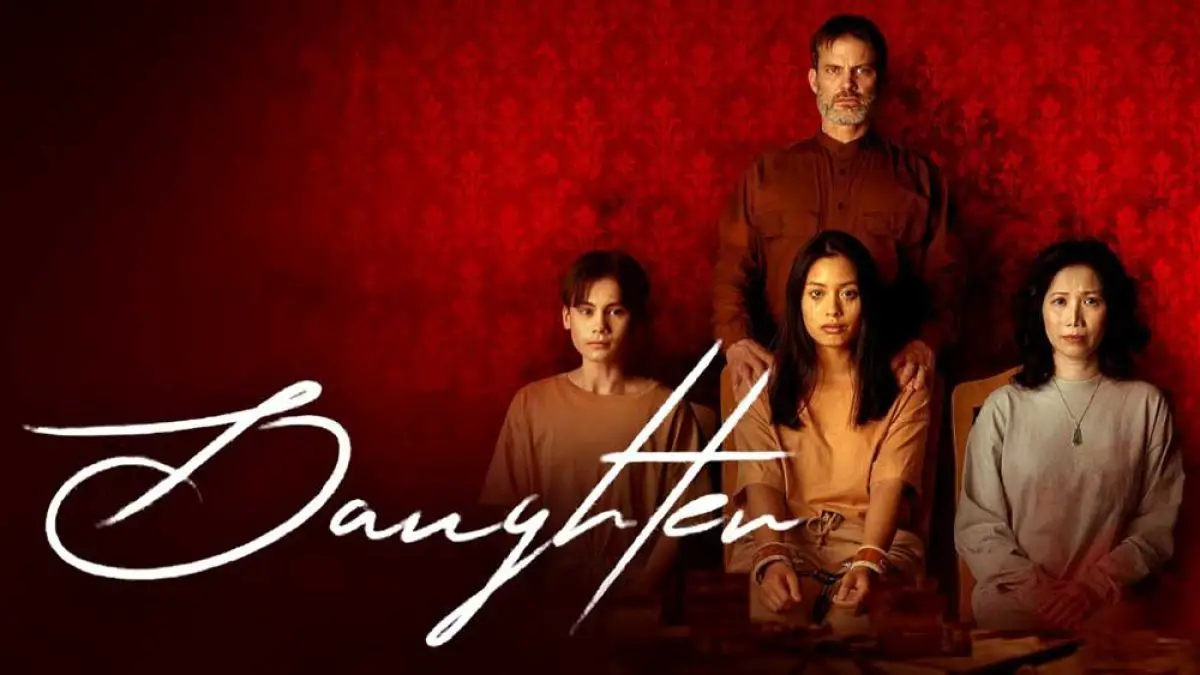


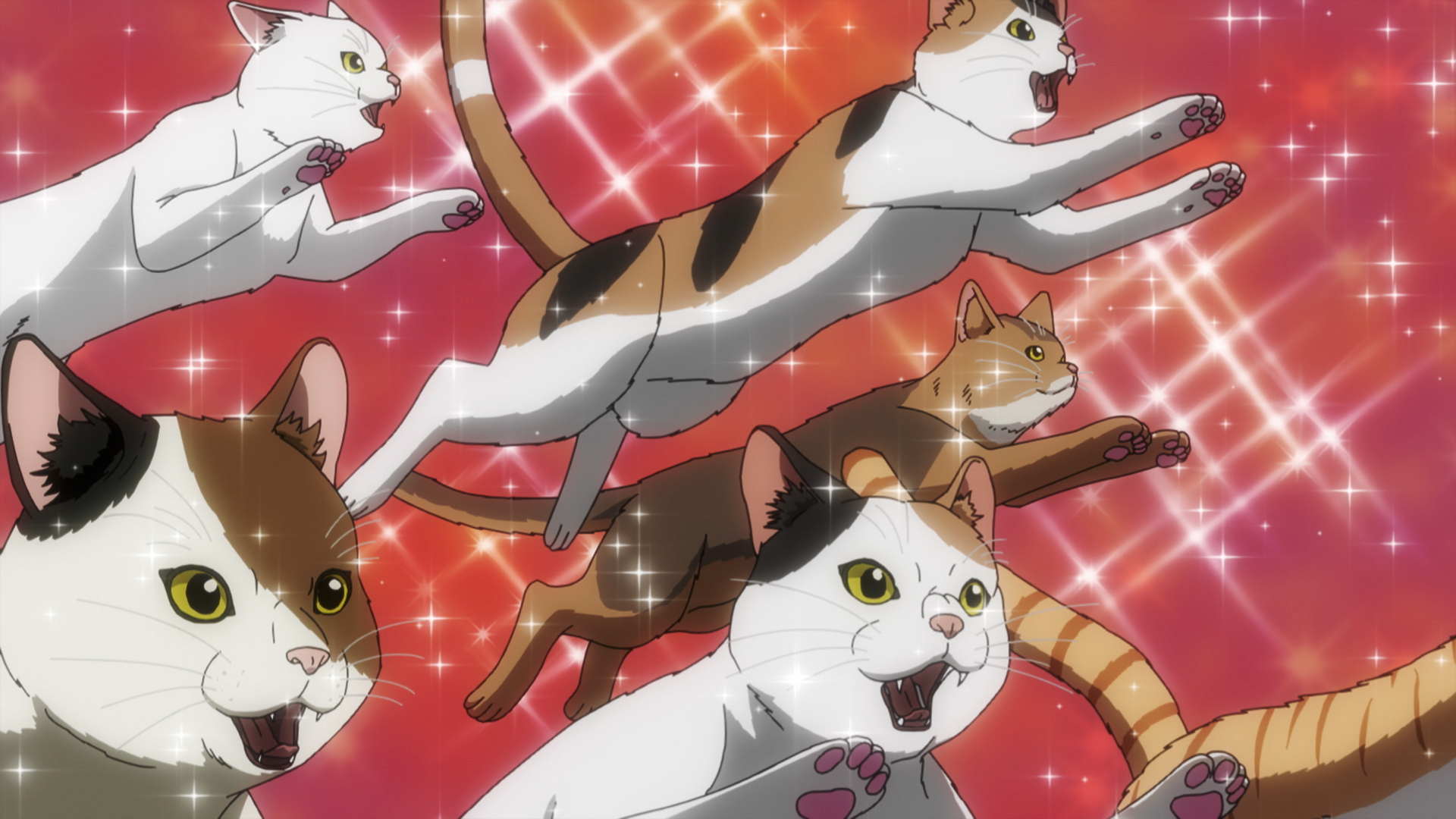
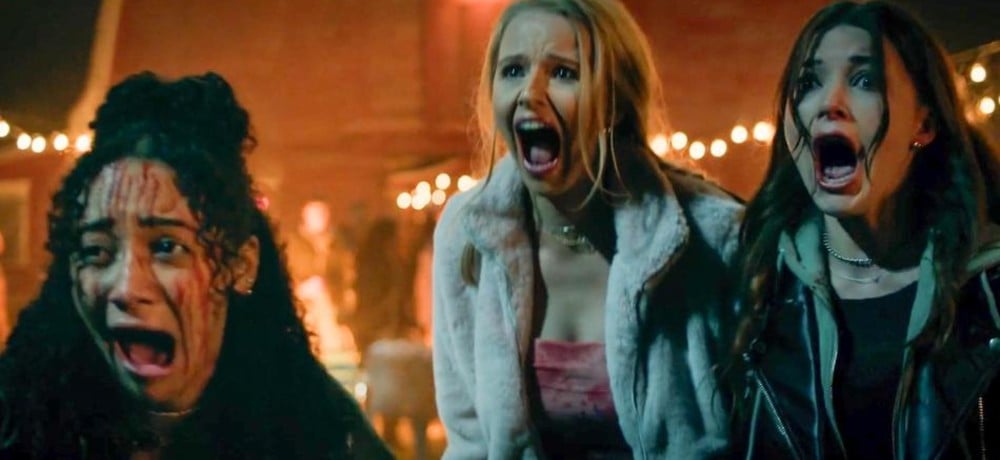
![‘Trick or Treat’ 4K offers a tight package of an era [Review] ‘Trick or Treat’ 4K offers a tight package of an era [Review]](https://www.wickedhorror.com/wp-content/uploads/2025/03/Sammy_2.jpg)

